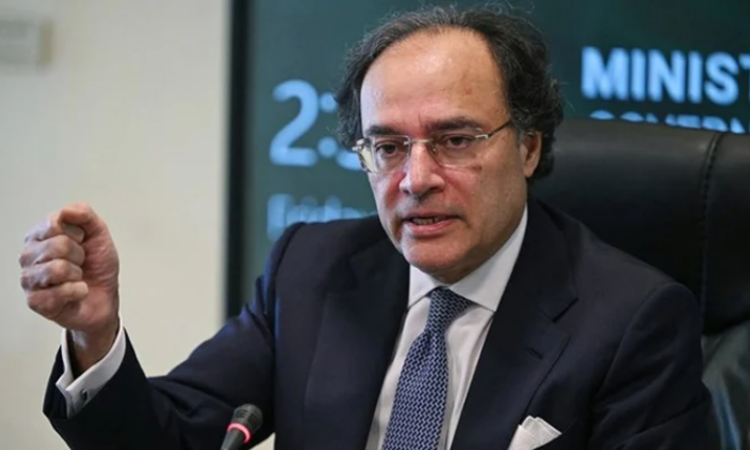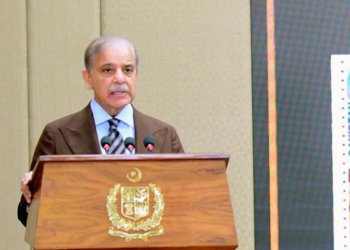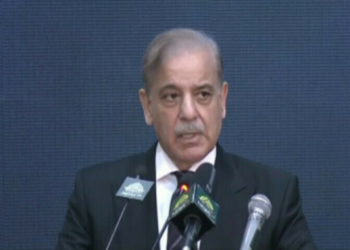Islamabad, March 21, 2025: Finance Minister Muhammad Aurangzeb has expressed confidence that Pakistan is close to securing positive news from the International Monetary Fund (IMF), as negotiations enter their final stages without any major obstacles.
Speaking to journalists on Friday, Aurangzeb reassured that Pakistan remains on course to meet the IMF’s economic discipline targets. He emphasized that discussions with the global lender are progressing smoothly and are expected to conclude soon. The minister reaffirmed the government’s commitment to economic reforms, stating that Pakistan is adhering to the agreed financial framework and maintaining fiscal discipline to secure the next tranche of funding.
Pakistan and the IMF have made significant progress toward finalizing a Staff-Level Agreement (SLA) for the first review of the $7 billion loan program. IMF Mission Chief to Pakistan, Nathan Porter, recently stated that both parties had made “significant progress” toward reaching an agreement.
The IMF team, led by Porter, conducted discussions in Pakistan from February 24 to March 14, focusing on the first review of Pakistan’s economic program under the Extended Fund Facility (EFF) and the potential for a new arrangement under the Resilience and Sustainability Facility (RSF).
The latest loan program, secured by Prime Minister Shehbaz Sharif’s government last year, has played a crucial role in stabilizing Pakistan’s economy. If the IMF approves the first review, Pakistan is expected to receive approximately $1 billion as the second installment of the package.
While addressing an event, Aurangzeb highlighted the growing economic threats posed by climate change. He pointed to the rapid melting of glaciers, economic disruptions caused by persistent fog in Lahore, and Pakistan’s overall vulnerability to environmental shifts.
The finance minister emphasized the need for a structured climate financing system to address these challenges effectively. He revealed that Pakistan had engaged in positive discussions with the IMF over the past two weeks regarding climate financing and disaster recovery.
Aurangzeb also disclosed that international donors have pledged $10 billion for flood rehabilitation projects. However, he acknowledged that Pakistan has struggled to develop viable implementation plans to fully utilize these funds. He urged the government to prioritize practical and actionable climate projects to secure future funding.
Rising pollution levels and environmental degradation remain critical concerns, he added, affirming the finance ministry’s commitment to supporting the climate change ministry in addressing these issues. The minister warned that Pakistan’s water cycle has been severely affected, with insufficient winter rainfall signaling an escalating environmental crisis.
Aurangzeb stressed that climate change and population growth are the two most pressing threats facing Pakistan. He noted progress in Pakistan’s partnership with the World Bank, particularly in climate resilience financing and capacity building. He also highlighted research conducted by the Everest K2 Research Centre, which is helping to better understand glacial melt patterns and their impact on water resources.
Emphasizing the urgency of climate action, the finance minister called for reducing project timelines to mitigate environmental risks more effectively. He warned that failure to address these challenges would have severe economic consequences for Pakistan.








